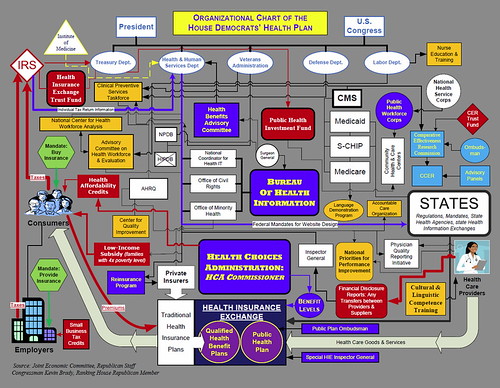This is also known as the bureaucratic theory of management bureaucratic management theory or the Max Weber. Up-focused or In-focused Mission.

Ap Gov Bureaucracy Flashcards Quizlet
Two Reasons Bureaucracy is superior to other forms of authority.

. Meeting organizational and production goals benefit not just the bureaucracy but also its customers clients or those otherwise dependent on its work. The six major principles are. Bureaucratic principles which include.
The bureaucratic management theory introduced by Max Weber stated that to manage an organization efficiently it is essential to have a clear line of authority along with proper rules procedures and regulations for controlling each business operation. While the merit system is. Hierarchical authority job specialization formal rules.
Learn vocabulary terms and more with flashcards games and other study tools. Hierarchical authority job specialization and formalized rules Modern bureaucracy in America is BEST characterized in terms of. In regard to the federal bureaucracy the President of the United States is at the top of the executive branch hierarchy because.
Max Webers principles spread throughout both public and private sectors. The principles on which bureaucratic organization is based include which of the following. Webers critique of rationality.
Even though Webers writings have been widely discredited the bureaucratic form lives on. Learn how Max Webers bureaucratic management theory shaped bureaucracies. This lesson defines bureaucracy public and private sectors organization hierarchy and rational-legal decision-making.
3 basic principles of bureaucracy. A formal hierarchical structure. An organization based strictly off of these six principles of rational-legal authority would demystify reality and lack soul in a workplace.
Start studying THE BUREAUCRACY. The following three Ideal Types of Political Leadership. Hierarchy job specialization division of labor formal rules procedures equality and recruitment on merit.
What is Max Weber Bureaucracy theory. A formal hierarchical structure. Max Weber six principles of bureaucracy.
Max Webers principles of bureaucracy defines the Bureaucracy theory and what it stands to archive within organizations. Work at a large pharmacy is tightly regulated. The pharmacists ensure order accuracy monitor for interactions and consult with clients.
Weber noted six major principles. May 28 2019 by Anjali J Leave a Comment. Bureaucracy refers to the possessing of control over a.
The pharmacy technicians receive and dispense orders answer phones and. These elements make up max Webers six principles of. A basic principle of bureaucracy that refers to the chain of command within an organization whereby officials and units have control over those below them job specialization A basic principle of bureaucracy holding that the responsibilities of each job position should be explicitly defined and that a precise division of labor within the organization should be maintained.
Advancement within or between the levels of bureaucracies were based on achievement and competency rather than influence or favor as in traditional hierarchies. At the end of the 19th century it was German sociologist and author of The Protestant Ethic and the Spirit of Capitalism 1905 Max Weber who was the first to use and describe the term bureaucracy. Each level controls the level below and is controlled by the level above.
What are the six major principles of Max Webers bureaucratic form. The following six principles of the Theory of Bureaucracy.

Ap Gov Extreme Final Study Guide 1rst Semester Quizzes Tests Flashcards Quizlet

0 Comments